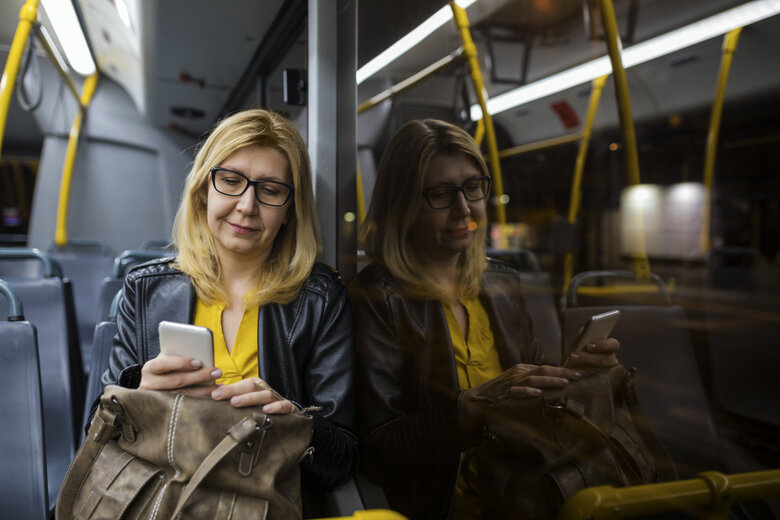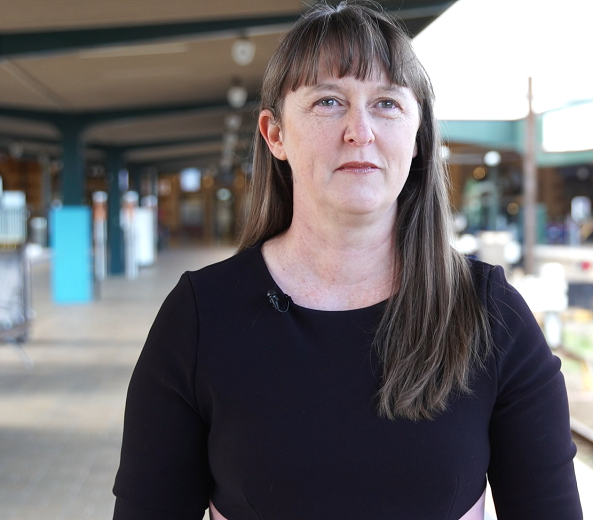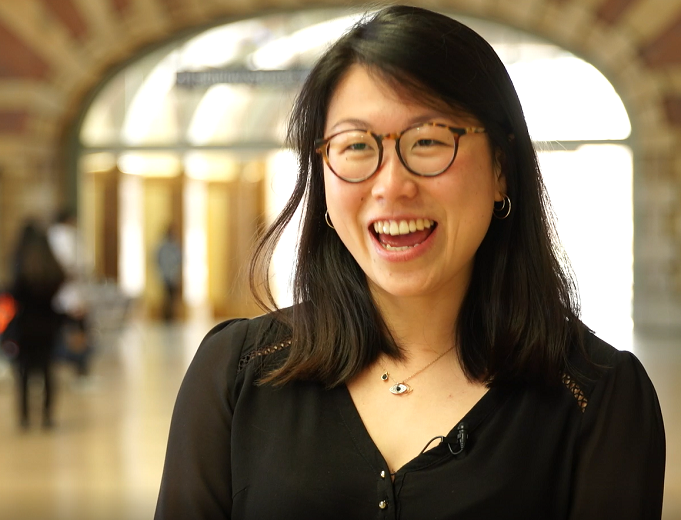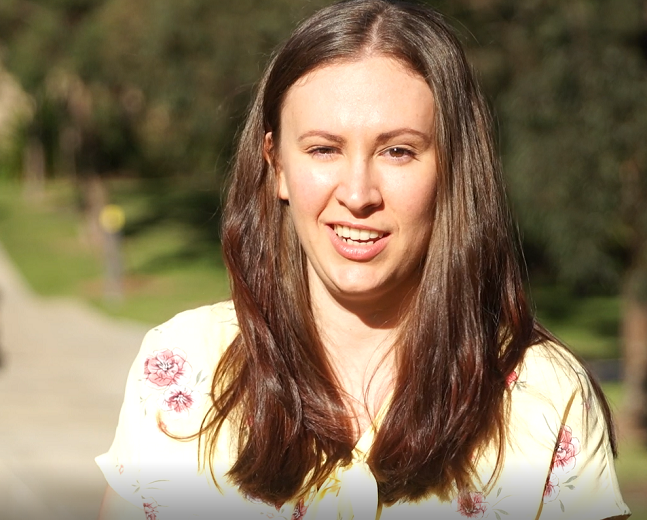
Transport for NSW will trial ways to use technology and data to improve safety for women travelling on public transport at night in Greater Sydney.
The trial is a result of the Safety After Dark Innovation Challenge, an initiative of Transport for NSW in collaboration with the Greater Sydney Women’s Safety Charter and Committee for Sydney.
The challenge was to find ways to use data and insights to help inform decisions and put in place actions to help women feel safer when travelling at night.
Minister for Transport Andrew Constance said the ideas from the winners will be developed and trialed over the next six months.
“We want all our customers to feel safe on the network, and it is not good enough that nine out of 10 Australian women experience harassment on the street and modify their behaviour in response,” he said in a statement.
Future Transport Digital Accelerator, the Transport NSW arm responsible for the challenge, helps identify opportunities for start-ups and industry to collaborate with Transport NSW.
“It is not good enough that nine out of 10 Australian women experience harassment on the street and modify their behaviour in response.”
Andrew Constance

Director of the accelerator Stephanie Salter said that data from Plan International showed that transport was one of the reasons why women felt unsafe traveling at night in the city.
“When you’ve got really good data and insights, it can really help better inform our decision making,” she said.
“If we understand how and when people feel unsafe, we can build solutions that better meet those needs and better meet the needs of women in particular as they’re travelling at night.”
The team looked for ideas and solutions across different areas, including deep technology, which uses advanced technologies to optimise data collection and informed decision making; targeted interventions, which are placed-based actions around known customer journeys informed by data and insights; and education and behaviour change.
The winners, selected from 44 applications, come from the University of Wollongong, data sharing platform She’s a Crowd, and UNSW in partnership with engineering firm Cardno.

Feeling scared and unsafe
Yan Qian, PhD student from the University of Wollongong, took up the challenge because she understands how other women feel.
“I hate walking in the dark in public transportations, I just feel so unsafe. I take my keys in my hands or I call my friends and I pretend I’m just busy,” she said.
“I think it’s a vital issue for equality that we’re still facing in the 21st century, which is not fair because every woman should have the right to just feel safe to move around.”
As a student studying the field of computer vision, a subfield of artificial intelligence, she saw an opportunity to make a change.
Her idea uses an algorithm that would allow a camera to detect an occurrence and then notify a human operator, via a signal or alert, for them to check if something is going on.

Elizabeth Muscat, Transport Planner at Cardno, has sometimes had to change the route she takes because she felt unsafe using certain roads.
She and her team came up with an idea to develop an index to quantify passive surveillance that would give women the opportunity to make better informed choices on the routes they take.
“So, maybe they would choose to take a route that offers them a higher level of passive surveillance, or meaning that a lot more people would be around or businesses would be open, lighting is improved in that location,” she said.
Comment below to have your say on this story.
If you have a news story or tip-off, get in touch at editorial@governmentnews.com.au.
Sign up to the Government News newsletter